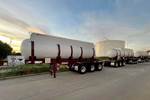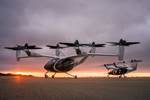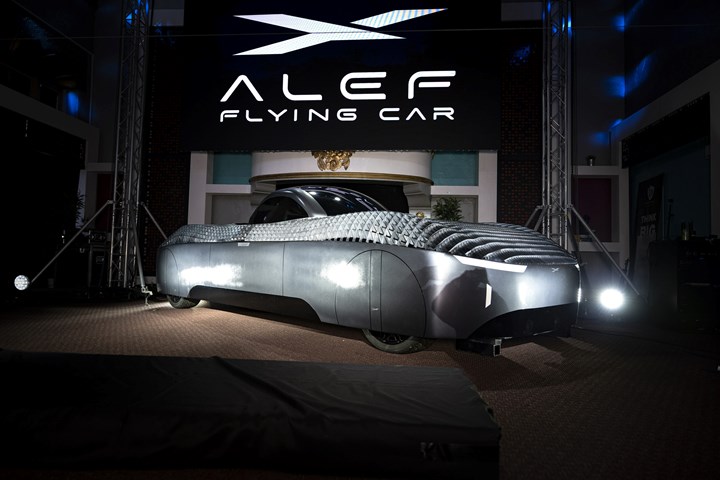Alef Aeronautics earns FAA approval to launch flying car
FAA certifies testing of California startup Alef’s all-electric composite vehicle, which is drivable on public roads and has VTOL capabilities.
Alef Aeronautics (Santa Mateo, Calif., U.S.) a sustainable mobility company that is designing and developing a composites-intensive flying car — a drivable car with vertical takeoff and landing capabilities (VTOL) — has received special airworthiness certification from the U.S. Federal Aviation Administration (FAA).
The FAA is actively working on its policies for electrical vertical takeoff and landing (eVTOL) vehicles, as well as governing interactions between eVTOLs and ground infrastructure. Therefore, Alef’s certificate limits the locations and purpose for which Alef is permitted to fly. Currently, the certification only enables exhibition, research and development, according to CNN.com.
Alef quietly emerged in October 2022 with the unveiling of its full-sized sports car model along with two working full-size technology demonstrator cars. It has since reported receiving strong pre-orders from individuals and companies — first delivery is projected for the end of 2025. Alef’s flying car is 100% electric, drivable on public roads and has VTOL capabilities. The car can carry one or two occupants.
While it looks like a sports car with four wheels, electrive.com describes the eight hidden propellers and a “pivoted” driving cabin “to stabilize the driver and passenger. Once in the air, the vehicle’s frame rotates sideways by 90 degrees so that the front and back of the car become two wings on either side of the cabin for maximum speed.”
While the FAA notes that Alef is “not the first aircraft of its kind” to receive special airworthiness certification in the U.S., as reported by CNN.com, Alef claims that its solution is unique in its “ability to function both on roads and in the air, to appear like a normal car and to park in a normal parking space.”
“We’re excited to receive this certification from the FAA,” Jim Dukhovny, CEO of Alef, says. “It allows us to move closer to bringing people an environmentally friendly and faster commute, saving individuals and companies hours each week. This is a one small step for planes, one giant step for cars.”
For related information, read “Aska A5 drive-and-fly eVTOL progresses with FAA type certification” or “Alauda Aeronautics debuts crewed flying race car.”
Related Content
-
Infinite Composites: Type V tanks for space, hydrogen, automotive and more
After a decade of proving its linerless, weight-saving composite tanks with NASA and more than 30 aerospace companies, this CryoSphere pioneer is scaling for growth in commercial space and sustainable transportation on Earth.
-
Update: THOR project for industrialized, recyclable thermoplastic composite tanks for hydrogen storage
A look into the tape/liner materials, LATW/recycling processes, design software and new equipment toward commercialization of Type 4.5 tanks.
-
Composites end markets: Automotive (2024)
Recent trends in automotive composites include new materials and developments for battery electric vehicles, hydrogen fuel cell technologies, and recycled and bio-based materials.















.jpg;maxWidth=300;quality=90)
